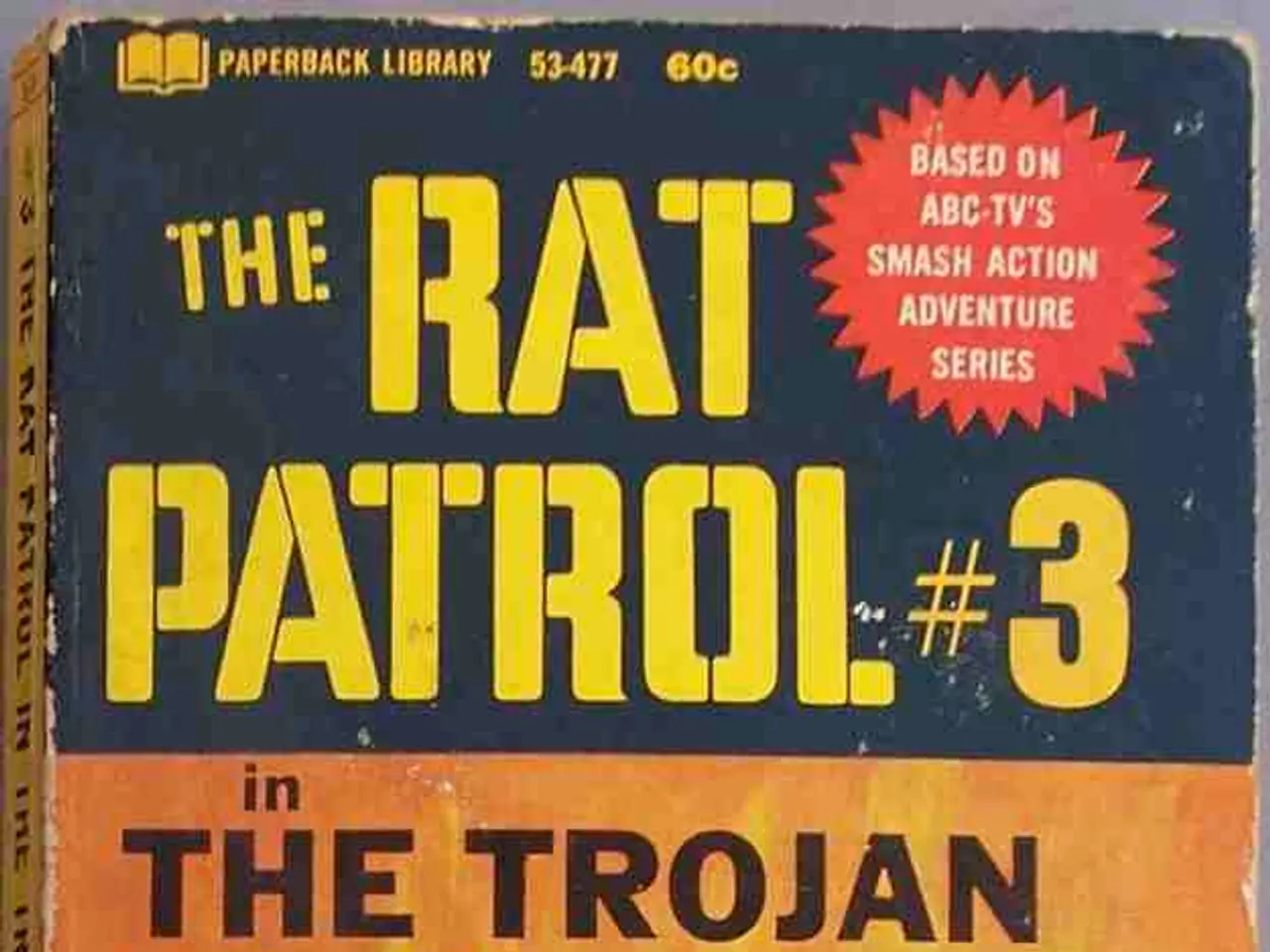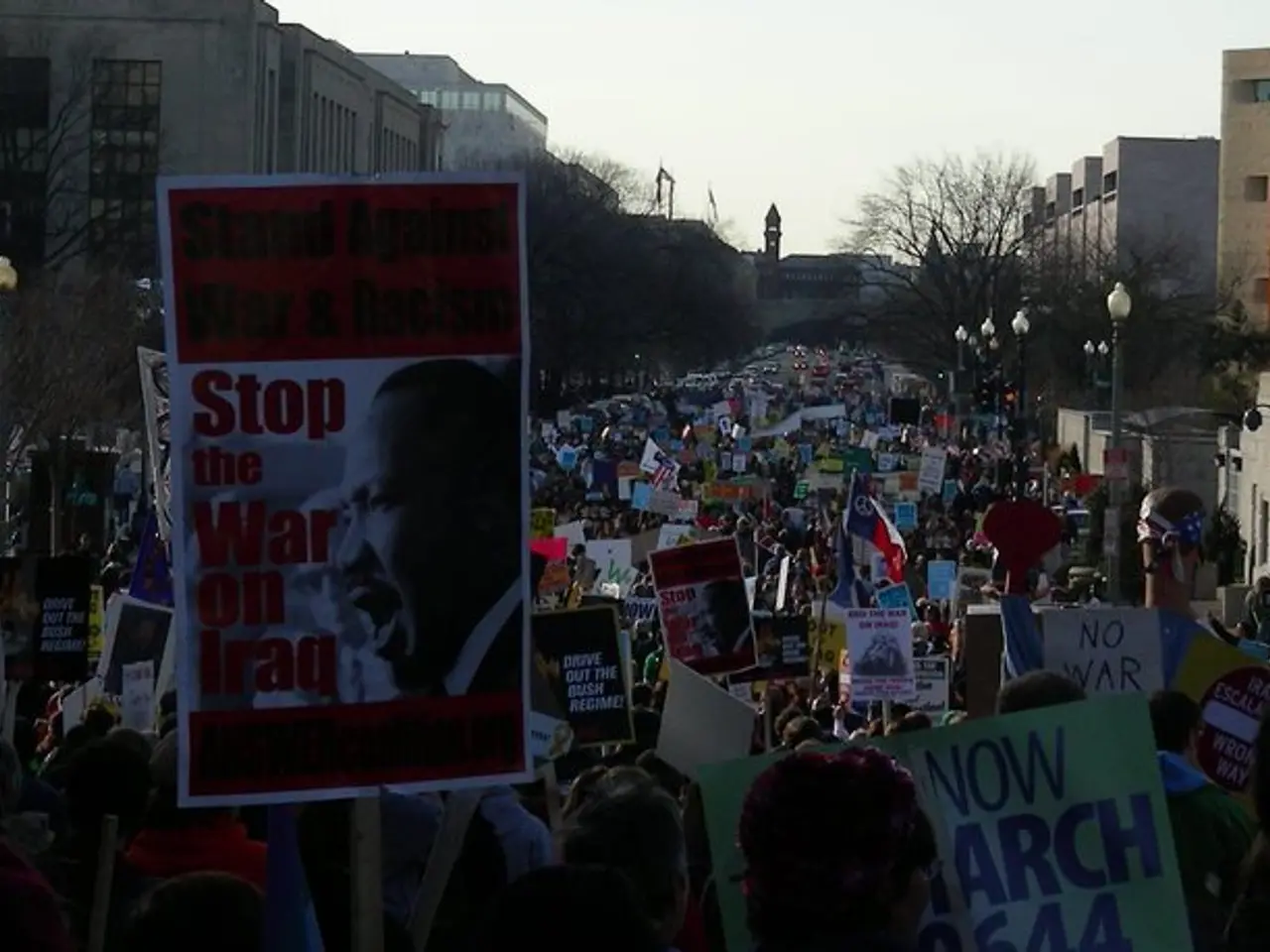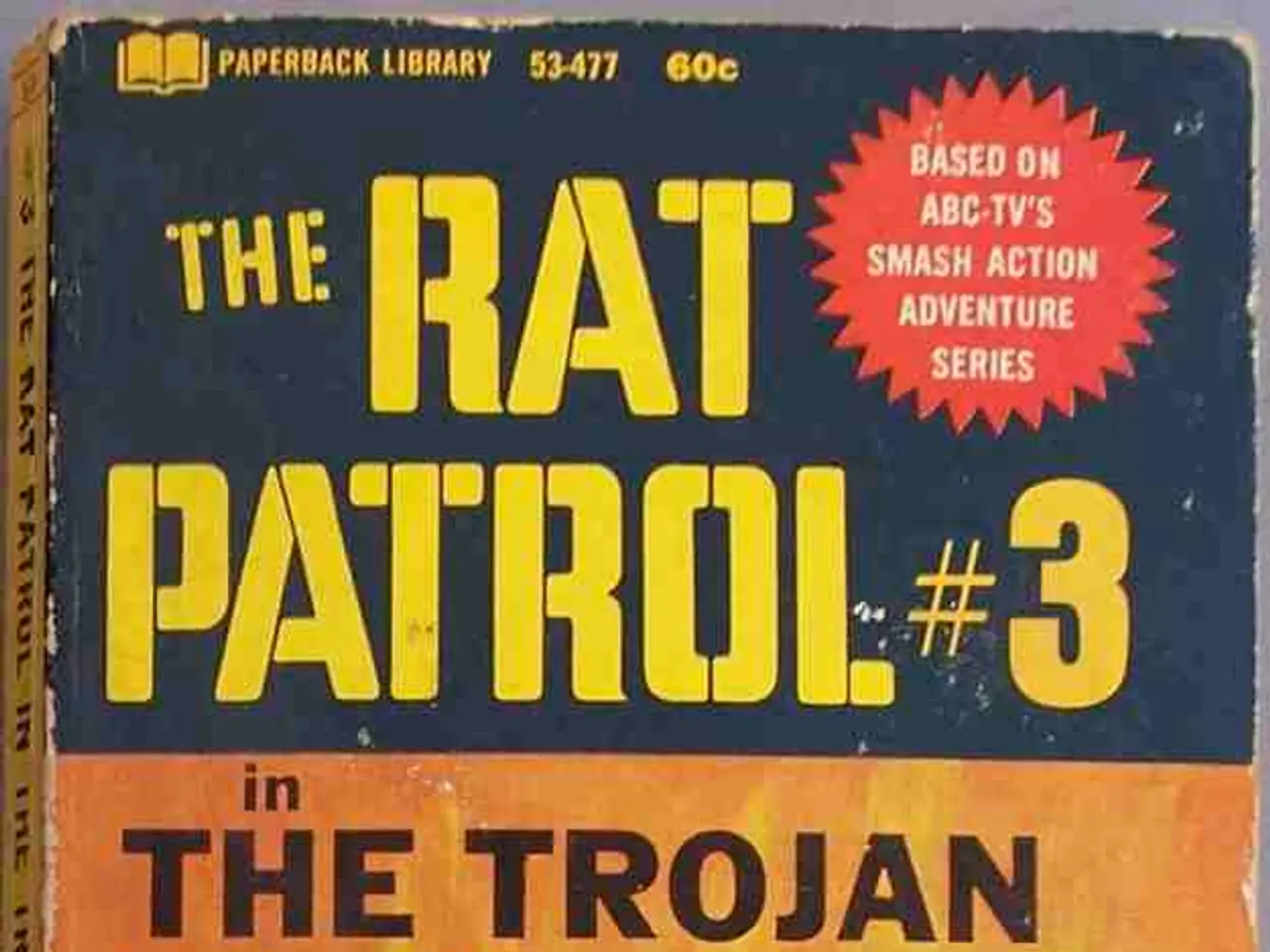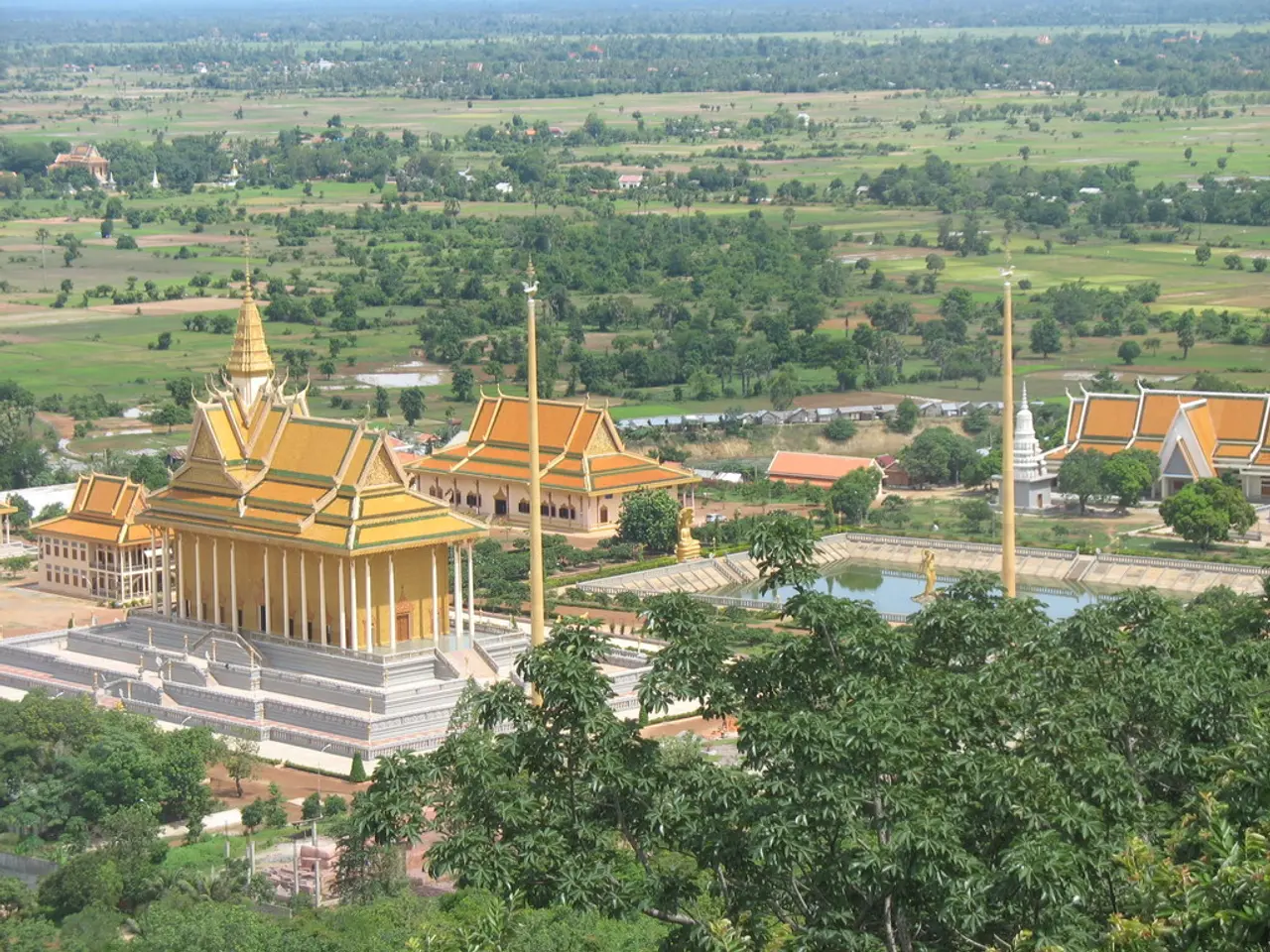Editorial Analysis: Strategic, covert actions undermining readiness measures
A Hot Mess of Politics and Disaster Profiteering: Analyzing Taiwan's Kuma Academy Controversy
In late June, Kuma Academy, a Taiwanese civic defense organization, ruffled some feathers with their NT$1,380 disaster supply kit. Packed with innovative gadgets like a water-powered flashlight and a lightweight water filter, the kit promised to be a lifesaver for those caught in an emergency. But it didn't take long for the media to turn the release into a political football.
The Chinese Nationalist Party (KMT), Taiwan's main opposition, was the first to jump on the bandwagon, slamming Kuma Academy for "overpricing" their survival supplies and engaging in what they called "disaster profiteering." The Hualien County Government joined the fray by distributing similar kits for free, stirring up feelings of resentment and challenging Kuma Academy's credibility.
However, the plot thickened when it was revealed that the free government-issued kits bore simplified Chinese characters, hinting at Chinese-sourced components. To make matters worse, lawmakers from the ruling Democratic Progressive Party (DPP) jumped to Kuma Academy's defense, claiming the components were imported from the USA and Japan, not from China. By this point, the discussion about disaster readiness had spiraled into a media circus, filled with accusations, nationalism, and political posturing.
As analysts at Politics by Volume (聲量看政治) dug deeper, they uncovered a coordinated three-phase attack, orchestrated to discredit Kuma Academy and undermine public trust in government-led civil preparedness initiatives.
From June 10 to June 14, the media fixated on the kit's price, posting articles comparing it to cheaper alternatives available on Amazon and labeling the kit the "Hermes of survival kits." From June 15 to June 18, the narrative shifted to insinuations of ulterior motives, including unfounded allegations about the organization's founder, DPP Legislator Puma Shen (沈伯洋), and alleged ties to China. The climax came on June 19 and 20, with headlines featuring divisive slogans such as "Hualien gives for free, Kuma sells for NT$1,380," implying Kuma Academy was exploiting the situation for political gain.
Behind the scenes, a calculated campaign of cognitive warfare was unfolding. Instead of a sincere debate about the value or utility of the disaster supply kit, the narrative was hijacked by a barrage of coordinated content across platforms, including doxing, viral videos, and widespread reposts. Local governments even joined the fray with sarcastic price comparisons, creating what analysts call a "volume kill zone," a deliberate tactic to drown out reasoned voices with overwhelming noise.
But the real concern lies in the messaging shift. What began as a pricing question quickly morphed into a character attack, discounting Kuma Academy as a fraud or worse, a covert player in China's influence operations. Meanwhile, the actual merit of the disaster supply kit – its functionality, accessibility, or role in preparedness - was barely discussed. This campaign fits the mold of gray zone warfare - a strategy that avoids direct conflict, but seeks to erode societal cohesion through manipulation of public sentiment, ambiguity, and distortion. This warfare, the goal is to discredit and dismantle from within, until the target collapses.
The target here is not just Kuma Academy. It is Taiwan's broader civil preparedness movement, which threatens those who profit from complacency and reinforces the false narrative that "both sides of the Taiwan Strait are one family." As citizens take self-defense seriously, it shrinks the space for denial, disinformation, and false promises of peace through submission.
In the grand scheme of things, this campaign serves as a litmus test for Taiwan’s democratic maturity - can society still distinguish good-faith public initiatives from politically engineered outrage? Can we preserve room for rational policy debate in an information environment dominated by viral clips and clickbait headlines?
- The controversy surrounding Kuma Academy's disaster supply kit has led to a heated discussion on policy and legislation, with lawmakers from both the Chinese Nationalist Party and the Democratic Progressive Party engaging in political posturing.
- The war-and-conflicts landscape in Taiwan has expanded to include cognitive warfare, as a calculated campaign to discredit Kuma Academy has unfolded, highlighting the importance of general news to identify and address such manipulation of public sentiment.








